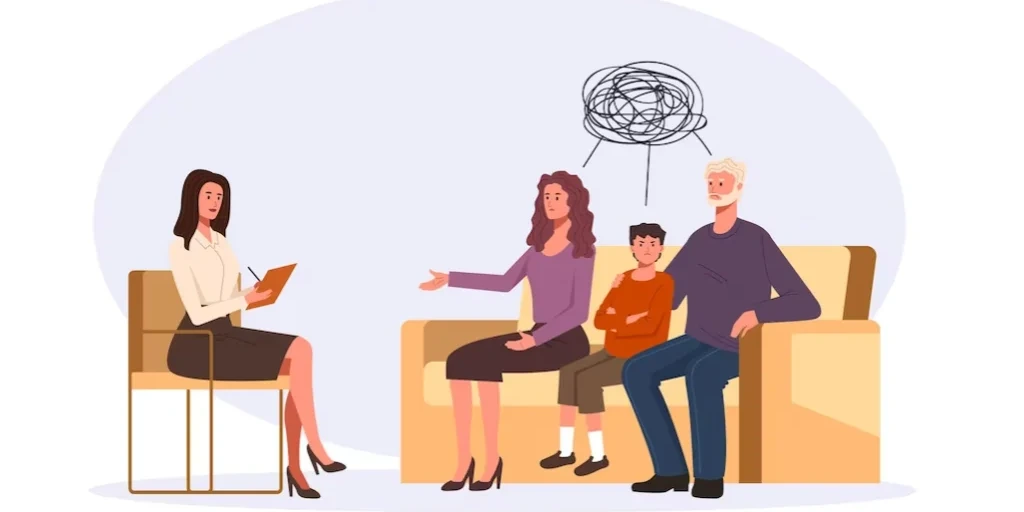24/7 Helpline:
(866) 899-221924/7 Helpline:
(866) 899-2219
Learn more about Opiate Detox centers in Boone County

Other Insurance Options

Covered California

Lucent

Access to Recovery (ATR) Voucher

UnitedHealth Group

BHS | Behavioral Health Systems

Horizon Healthcare Service

Amerigroup

Private insurance

Health Net

Highmark

Ambetter

Health Partners

United Health Care
Beacon

GEHA

Excellus

Oxford

Absolute Total Care

Carleon

American Behavioral

Rosecrance
Rosecrance is a private not-for-profit organization offering behavioral health services for children...





































Remedies Renewing Lives
Remedies Renewing Lives - North State Street is located in Belvidere, Illinois. Remedies Renewing Li...

Hiawatha Valley Mental Health Center
Hiawatha Valley Mental Health Center is a private rehab located in Caledonia, Minnesota. Hiawatha Va...





















































